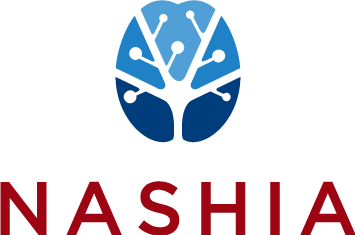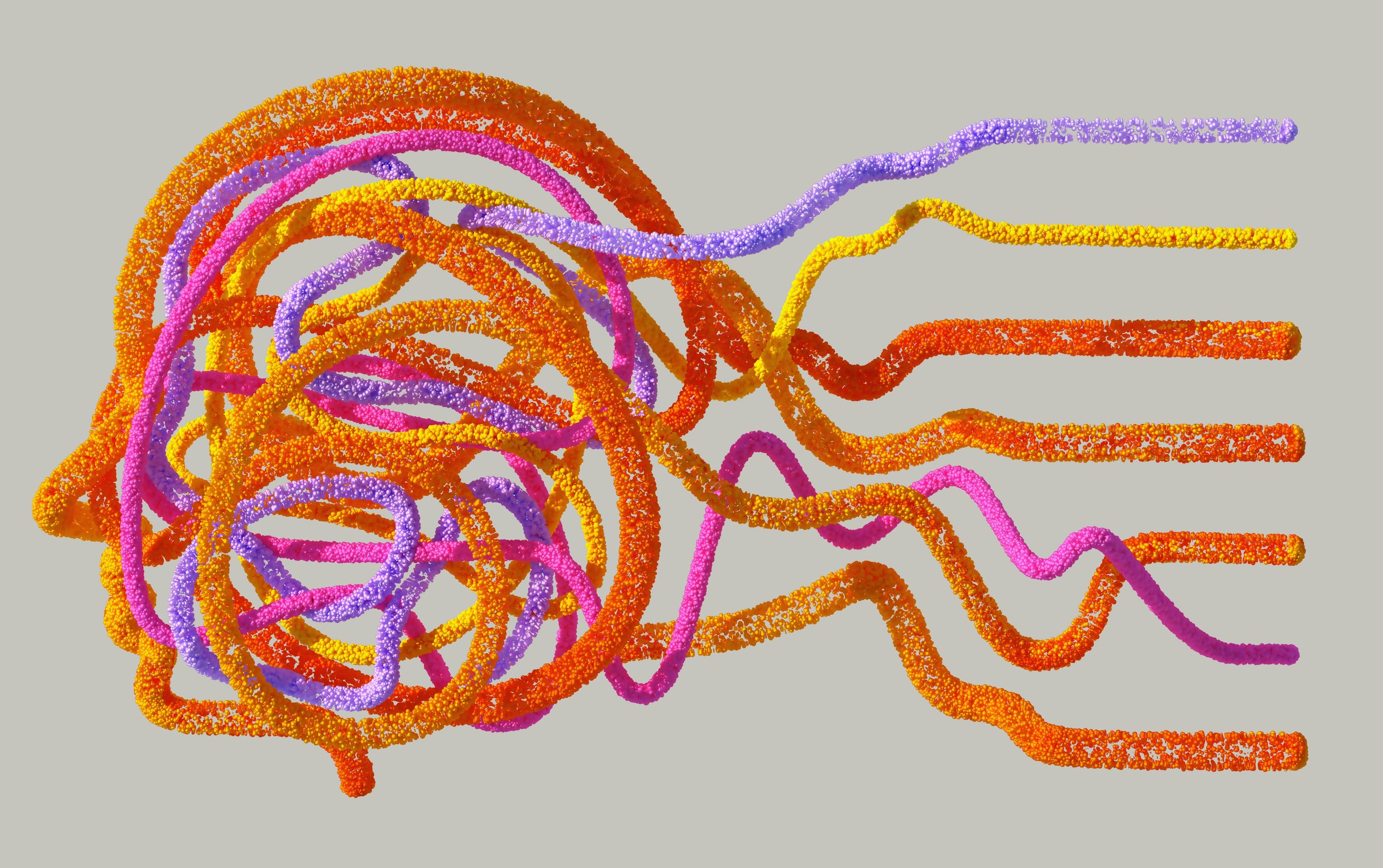Modifying Psychopharmacologic Interventions for Traumatic Brain Injury
This brief, Modifying Psychopharmacologic Interventions for Traumatic Brain Injury, produced by ACL's Traumatic Brain Injury (TBI) Technical Assistance and Resource Center (TARC) provides clinicians with information and an array of accessible approaches for modifying psychopharmacologic interventions for TBI. This brief is also geared towards assisting brain injury personnel partners better with their behavioral health providers on best practices for TBI related interventions.
Return to School After Traumatic Brain Injury: Description of Implementation Settings
BACKGROUND: Returning to learn following a concussion is the process of managing a student’s recovery during the school day by implementation of academic supports with varying intensity. Due to a lack of consensus or even guidance on Return to Learn, this paper set out to establish cross discipline consensus on some essential elements of Return to Learn using a Delphi method.
Brief on Modifying Clinical Interventions for TBI
This brief of the ACL's Traumatic Brain Injury (TBI) Technical Assistance and Resource Center’s (TARC) Modifying Clinical Interventions for TBI highlights considerations and best practices for the diagnosis and treatment of mental health disorders in people with TBI. The brief also includes challenges related to brain injury and provides recommendations and strategies for clinical intervention.
Podcast - The Business Side of Things: Employment and Brain Injury
NASHIA Director of Professional Development Maria Crowley moderates a podcast from the Disability Employment TA Center. The podcast is a panel discussion from an employer perspective on challenges and successes in acquiring and maintaining employment. National labor market trends and practices are shared as well as challenges that business faces in hiring and job retention. Recommendations for those who have sustained brain injuries related to seeking employment are discussed, and a personal journey from injury to work is shared.
eLearning Series on Partner-Inflicted Brain Injury
The Center on Partner-Inflicted Brain Injury has developed a 7-part eLearning series on Strangulation, Traumatic Brain Injury, and Domestic Violence, for the domestic violence field and others who work with survivors of partner-inflicted brain injury. This is free and available for anyone and was designed to provide training to DV programs on brain injury and help them better understand why this issue is important in their work.
Job Retention After Brain Injury: Why It Makes Sense
Job Retention After Brain Injury: Why It Makes Sense. Blog post by Maria Crowley, NASHIA Director of Professional Development, on behalf of the Disability Employment TA Center.
Assessing Brain Injury Needs — While Keeping the Job Seeker Engaged
Assessing Brain Injury Needs — While Keeping the Job Seeker Engaged. Blog post by Jill Ferrington, NASHIA Technical Assistance Advisor, on behalf of the Disability Employment TA Center.
CDC TBI Prevention Initiatives
Published by the Centers for Disease Control and Prevention in 2022, this one-pager clarifies the CDC’s role within the TBI field while providing a broad overview of their research and programming.
ACL TBI-Technical Assistance and Resource Center’s Behavioral Health Guide
The Administration for Community Living (ACL) Traumatic Brain Injury (TBI) Technical Assistance and Resource Center’s (TARC) Behavioral Health Guide designed this guide to provide state brain injury professionals with the tools to effectively partner with their state behavioral health entities and improve outcomes for this population. The guide’s authors will provide an overview of the various sections and answer questions about applying some of the tools and strategies identified within a state system.
Establishing Consensus for Essential Elements in Returning to Learn Following a Concussion
Children who experience traumatic brain injury (TBI) of any severity may need accommodations when they return to school—the setting that manages academic achievement and learning. However, variations exist in current return to school (RTS) programs that address a child's transition to school following TBI. This article describes some of these return to school (RTS) programs and how they vary by setting.
Study: Do state supports for persons with brain injury affect outcomes in the 5 Years following acute rehabilitation?
The purpose of the current study was to investigate the effects of state-level resources and supports as an environmental factor influencing long-term outcomes from TBI using data from the TBI Model Systems. We examined the effects of U.S. state supports that specifically target people with TBI (federal funding for state brain injury programs, per capita revenue generated by brain injury trust funds, and expenditures for brain injury specific Medicaid waivers) and one measure of the relative quality of a state's Long-Term Services and Supports (LTSS) for all people with disabilities.
Providing and Receiving Respite Care Safely During the COVID-19 Pandemic
Voluntary national guidelines for respite care agencies, providers, family caregivers, and respite care recipients, with updated guidance on COVID-19 vaccinations, from the ARCH National Respite Network and Resource Center.
Article: How CARE Tools Are Being Used to Address Brain Injury and Mental Health Struggles with Survivors of Domestic Violence
The Ohio Domestic Violence Network is featured in this article in the Journal of Head Trauma Rehabilitation: How CARE Tools Are Being Used to Address Brain Injury and Mental Health Struggles with Survivors of Domestic Violence.
Ohio Domestic Violence Network
The Ohio Domestic Violence Network provides statewide, national and international leadership to raise awareness on the emerging area of brain injury caused by domestic violence. Find resources, promising practices, and checklists on their website.
Tip Card - What Providers Need to Know: Behavioral Health and Brain Injury
This tip card is a product of a partnership with the Addiction Technology Transfer Centers of Region 7 (Mid-America) and Region 8 (Mountain Plains) and NASHIA. It is meant for use by providers. Included in the tip card is a brief overview of brain injury, symptoms, screening, and the intersection of brain injury and substance use.
Disability Employment TA Center: Guiding People with Brain Injuries Towards Work
Become a Champion for Employment: Guiding People with Brain Injuries Towards Work is a resource for supporting individuals with a brain injury to continue or pursue work.
Toolkit and Workbook— Traumatic Brain Injury and Substance Use Disorders: Making the Connections
This toolkit merges the content on traumatic brain injury (TBI) and substance use disorders (SUD) to expand capacity to address both issues in treatment. The author, Dr. Carolyn Lemsky, is a board-certified neuropsychologist with over 25 years of experience working in rehabilitation settings in the U.S. and Canada. The toolkit provides valuable and practical information for advancing behavioral health providers’ capacity when serving persons who have brain injuries. The toolkit is a collaboration with the Mountain Plains Addiction Technology Transfer Center and the Mid-America Addiction Technology Transfer Center and the National Association of State Head Injury Administrators (NASHIA).
The accompanying workbook is created for people with are living with the effects of a brain injury and are wondering how their substance use may be affecting them.
Disability Employment TA Center: You CAN Work After Brain Injury
You Can Work After Brain Injury: Improving your Employment Success is a resource for individuals who have experienced a brain injury and want to continue or pursue work.
SAMHSA Advisory: Treating Patients with TBI
“Each year in the US traumatic brain injury (TBI) results in approximately 2.8 million emergency department visits, hospitalizations, or deaths.’
Disability Information and Access Line (DIAL)
The Disability Information and Access Line (DIAL) connects callers to information about how to access the COVID-19 vaccine and related supports for people with disabilities. DIAL connects callers to vaccine sites, testing, and provides information related to barriers to vaccination by referring callers to local and national disability resources. Call: 888-677-1199 from 9:00 AM to 8:00 PM ET | DIAL@n4a.org




















